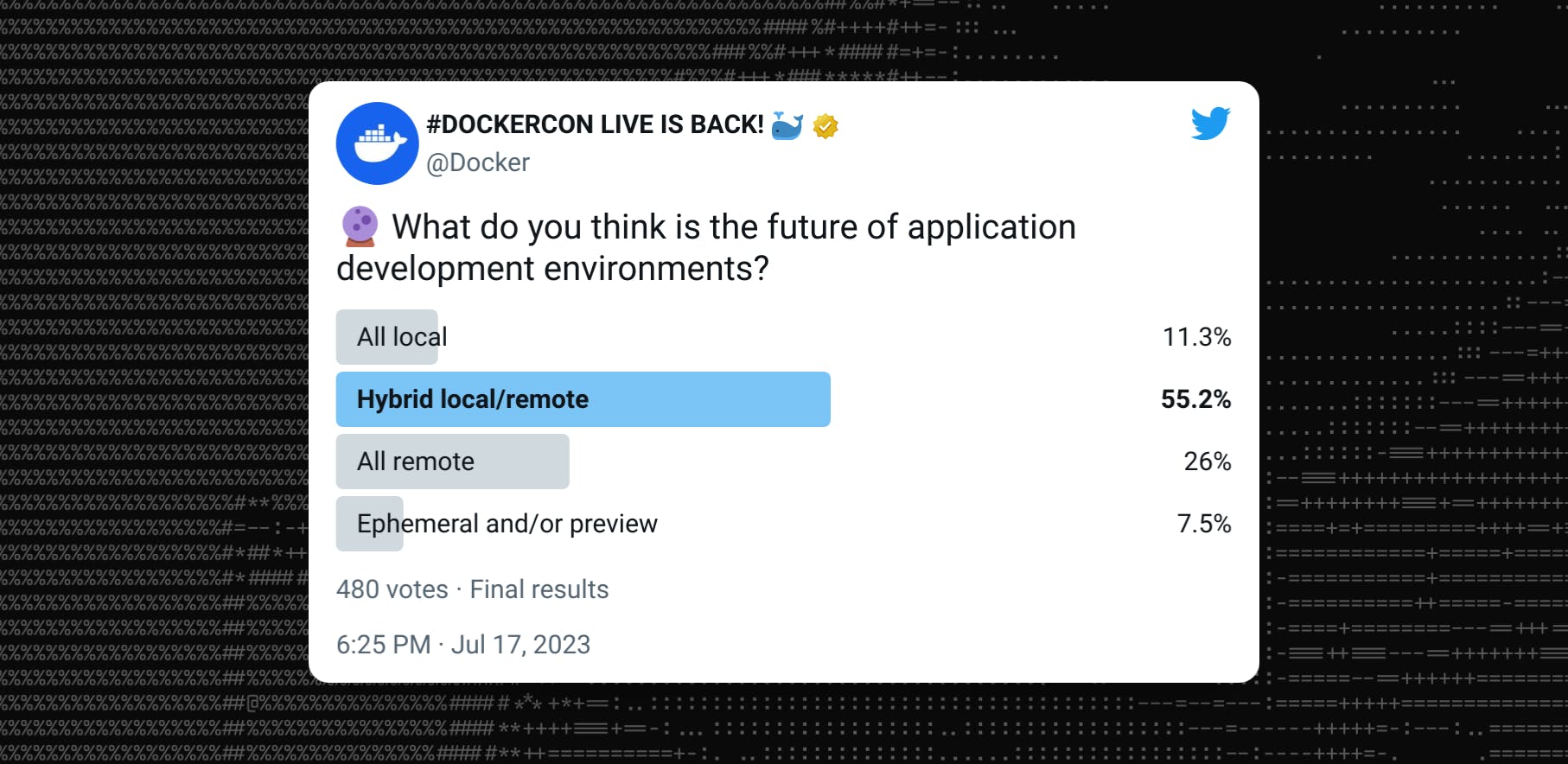I've spent a lot of time thinking about the future of software development. And I believe that the future lies in hybrid development environments.
What is a Hybrid Development Environment?
A hybrid development environment is one that can move from local to remote and vice versa, depending on the needs of the developer or the enterprise. It's a concept that still needs to be standardized, but it's an idea that's gaining traction.
Hybrid development environments blend the security and control of an on-premises environment with the flexibility and scalability of cloud services. This allows businesses to keep sensitive or regulated data in their on-premises infrastructure where certain standards can be met while leveraging cloud resources to distribute apps, workloads, and data not subject to cybersecurity regulations.
The Power of Hybrid Development
The power of hybrid development lies in its flexibility. It allows developers to work in an environment they're comfortable with, whether that's their local machine or a remote server. But when they hit constraints, such as the compute power of their machine, they can seamlessly switch to a more powerful remote environment.
This flexibility can lead to significant benefits.
For enterprises, it can mean standardizing development environments across the company, which can reduce errors and improve collaboration. For developers, it can mean the freedom to work in the environment that suits them best, locally or remotely.
The Future is Hybrid
Recently, Docker, a company that's very much centered around local development environments, conducted a poll on the future of software development environments. The results were surprising. Only about 11% of respondents saw the future as 100% local. The vast majority saw the future as either 100% remote or hybrid, with hybrid being the most popular choice getting more than 55% of 480 votes.

This is significant.
If the users of Docker, a tool that's all about local development, see the future as hybrid, it's time to take notice.
The Benefits of Hybrid Development
There are several benefits to hybrid development.
For enterprises, it can lead to cost savings. If you have 1000 engineers all running cloud development environments, the costs can quickly add up. But with a hybrid approach, you can reduce these costs by allowing some developers to use their local machines.
For developers, the benefits are clear.
They can work in the environment that suits them best, whether that's locally or remotely. And if they're working on a project with strict security requirements, they can easily switch to a remote environment.
Rethinking Terminology: Universal or Flexible Development Environments?
As we delve deeper into this new era of development, I am pondering on the nomenclature. Is "hybrid" the most accurate term to describe this new paradigm?
The term "hybrid" can imply a static combination of two elements, but what we're discussing here is more dynamic, more fluid. It's an environment that adapts to the developer's and the project's needs.
Perhaps a "universal development environment" or "flexible development environment" would be more fitting. These terms encapsulate the idea of an environment that supports seamless transitions between local and cloud-based operations. They suggest an environment not bound by location or resources but is universally accessible and flexible to the developer's needs.
As we continue to explore and define this new landscape, finding the right terminology will be crucial in shaping our understanding and expectations.
The Future of Daytona
At Daytona, we have a wealth of experience exploring remote development environments, including our work on Codeanywhere, one of the first cross-platform cloud development environments.
But we're also excited about the potential of hybrid development environments. The future of software development will be neither fully remote nor fully local but a blend of the two. And we're committed to helping our customers navigate this new landscape.
Conclusion
The future of software development is hybrid. It's a future that offers flexibility, cost savings, and the freedom for developers to work in the environment that suits them best. And at Daytona, we're excited to be part of this future.



